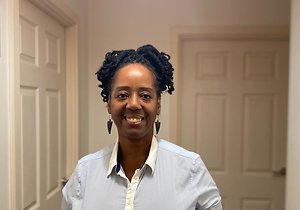"Everyone You Meet Has Something To Teach You"
Holistic Approach to Menopause by Sally Earlam
We have seen that the way we live our lives has a big impact on the way women experience menopause.
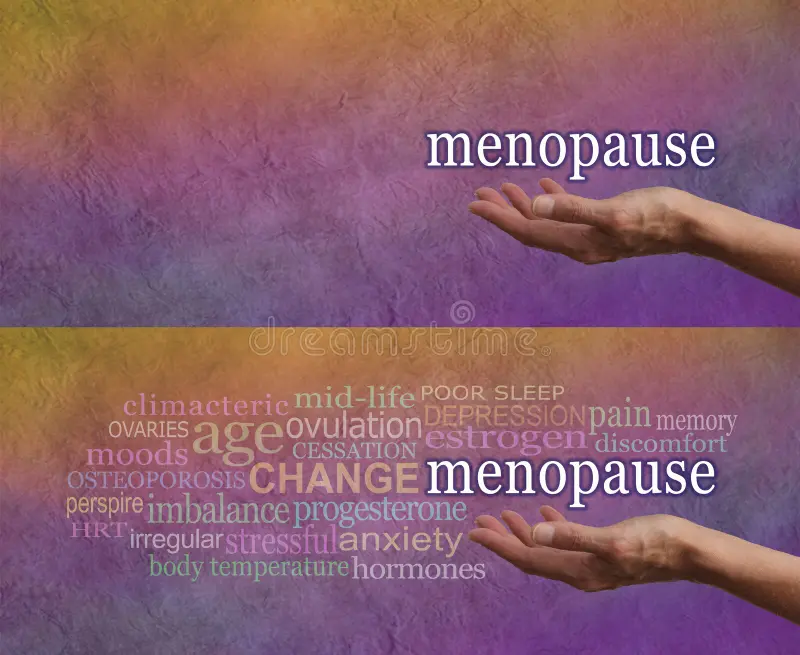
As reflexologists, one of our roles is to build our knowledge to be able to offer general lifestyle suggestions to clients if they want to know more. If a client feels able to take on lifestyle changes, I have outlined some of the key areas for consideration below. They need to take an honest look at their lifestyle and choose where they feel they need to make changes. We have seen that the way we live our lives has a big impact on the way women experience menopause with women in non-industrialised cultures experiencing far fewer symptoms than women in western industrialised countries.
Nutrition – the right foods can make you feel better.
As oestrogen levels fall, the body becomes less effective at breaking down carbohydrates which can increase fat storage and metabolism slows which makes it harder to lose weight. A study has shown that on average women gain, on average, 12lbs within 8 years of menopause. We also see a redistribution of body fat with a particular increase around the waistline and this is thought to happen when the levels of androgens, such as testosterone and androstenedione, become higher in relation to the falling oestrogen levels and androgens promote the accumulation of abdominal fat. We also see a change in cholesterol in menopause with an increase in the ‘bad’ cholesterol - low-density lipoprotein (LDL) and a reduction in the ‘good’ cholesterol - high-density lipoprotein (HDL) which is one of the contributory factors to increased risk of cardiovascular events in menopause.

So general nutritional recommendations are around maintaining a healthy weight, cardiac health, bone health, reducing inflammation and reducing carbohydrates. A Mediterranean style diet with plenty of olive oil is often recommended with plenty of variety in vegetables and pulses for optimising gut biome. If a client is having hot flushes and/or night sweats suggest they try and cut out or reduce sugar, alcohol and caffeine intake as these add fuel/heat into the body. Suggest they stop for 3 weeks and see if it makes a difference – they can try and eliminate one at a time if they prefer.
Exercise because your body deserves it.
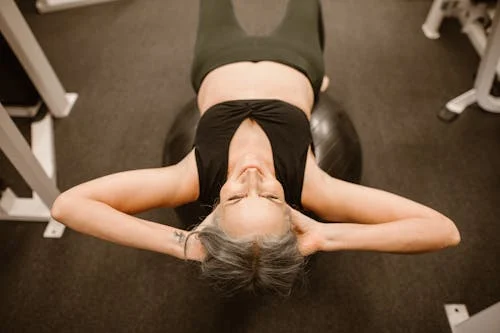
Exercise is believed to be one of the most important things that anyone can do to improve longevity and physical and emotional health. In menopause, the general recommendations are to work within your limits and build up if you need to until you are doing at least 150 minutes a week of moderate aerobic activity, plus strength exercises 2 or more days a week to work major muscle groups.
There are many benefits; exercise lowers the risk of coronary heart disease by up to 35%, helps maintain bone density, reduces the risk of many types of cancer, reduces the risk of other long-term conditions such as type 2 diabetes, heart disease, strengthens muscles, helps maintain a healthy weight, helps improve flexibility and stability which can prevent falls, improves sleep and can help lift mood.

Managing stress levels – Make time for yourself because you are worth it.
We have looked at the effect of stress earlier in the magazine but we do also need to be aware of mental health issues (MHI) at this time as in women the rate peaks between the age of 45-54 years old, and the most common issue is mixed anxiety and depression. Oestrogen and progesterone, our calming hormones, help protect us from cortisol so as these come crashing down in menopause the effects or cortisol are felt more, and anxiety is a common symptom. This can often happen in conjunction with children leaving home a negative perception of ageing and possible worries of ageing parents. So no wonder this is such a peak in MHI.
This is a time when clients need to reflect and be honest with themselves about their stressors and lifestyle. If they acknowledge that life is a struggle, they can then look at making positive changes to help improve emotional wellbeing.
Ideally, they will have regular reflexology and spend at least 10 minutes a day on relaxation techniques such as meditation or mindfulness. Make this a positive act, slumping in front of the TV does not count. If anxiety and/or depression are affecting their daily life, then they should see their GP.
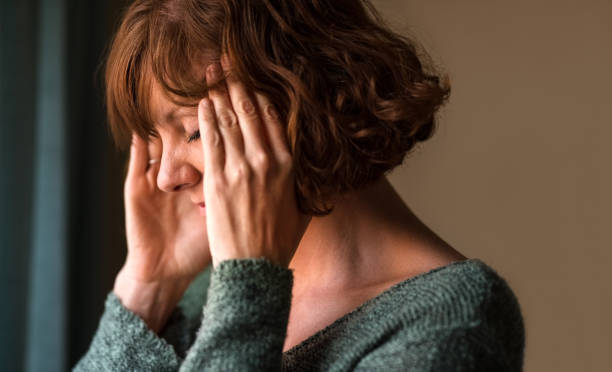
Good Quality Sleep.
It is well documented that too little sleep has detrimental effects on mental health, cardiac health, cognitive function and more. In the menopause transition, sleep disturbance is common and this is thought to be associated with falling hormones but is also affected by hot flushes or night sweats, anxious thoughts, less deep sleep and frequent urination which can all occur with reduced oestrogen levels. Progesterone also has sleep-inducing effects on brain pathways which diminish in the menopause transition and also melatonin, which controls our sleep-wake cycles, decreases with age and can further disrupt sleep.
Reflexology has been shown to be a useful intervention to relieve fatigue and promote sleep and should go alongside a good bedtime routine.
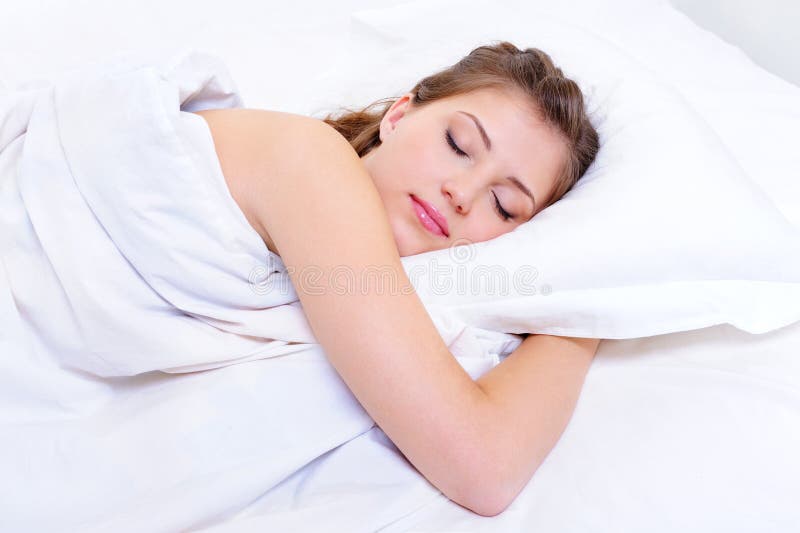
You can try our Sleep Hand Reflexology. (AOR)
Stop smoking
Smoking is known to have the greatest impact on longevity and causes many health conditions. In terms of menopause it can trigger an early menopause, can make symptoms worse including hot flushes, anxiety, mood swings and poor sleep, and increases the risk of cardiovascular events and cancers. Menopause is a time when there is already a lot of stressors which can result in more cravings for cigarettes. If a woman discusses wanting to stop smoking she should join a local program which they can find out about at a local pharmacy.
Find enjoyment and purpose in life
Although in the UK 80% of women do experience symptoms in perimenopause and menopause, it can also be a time for women to reframe their lives and to decide who they want to be for the rest of their lives. So rather than talking about empty nest syndrome, this can be reframed as an opportunity to find a new hobby or interest, contact old friends, develop a new exercise routine etc. Maud Mead (anthropologist) describes her own positive experience of giving up PMS for PMZ (post-menopausal zest). Women should be encouraged to find the time to spend on themselves because they deserve it!


